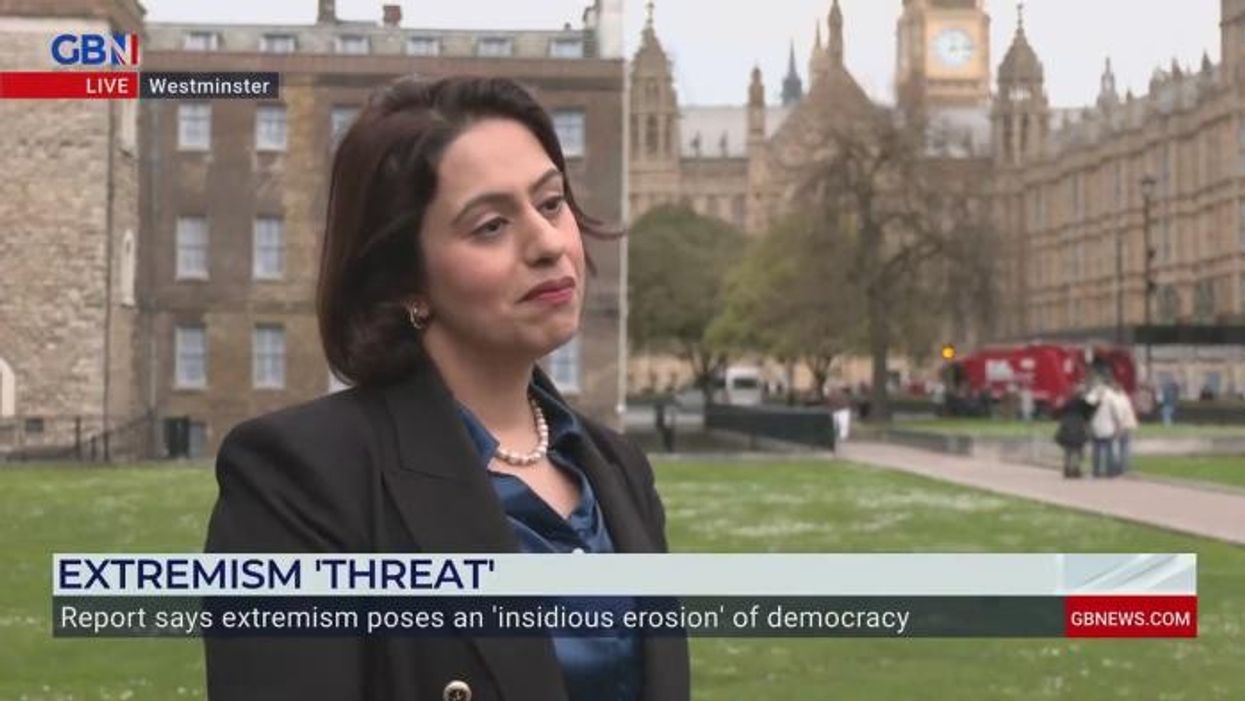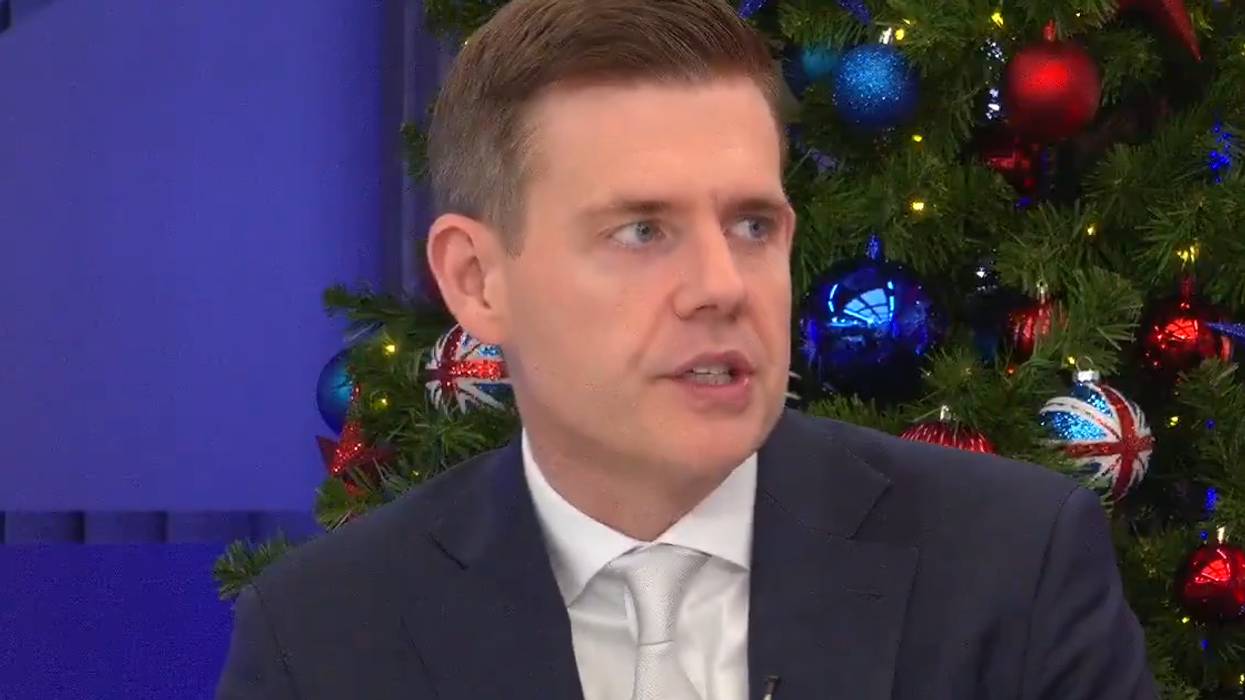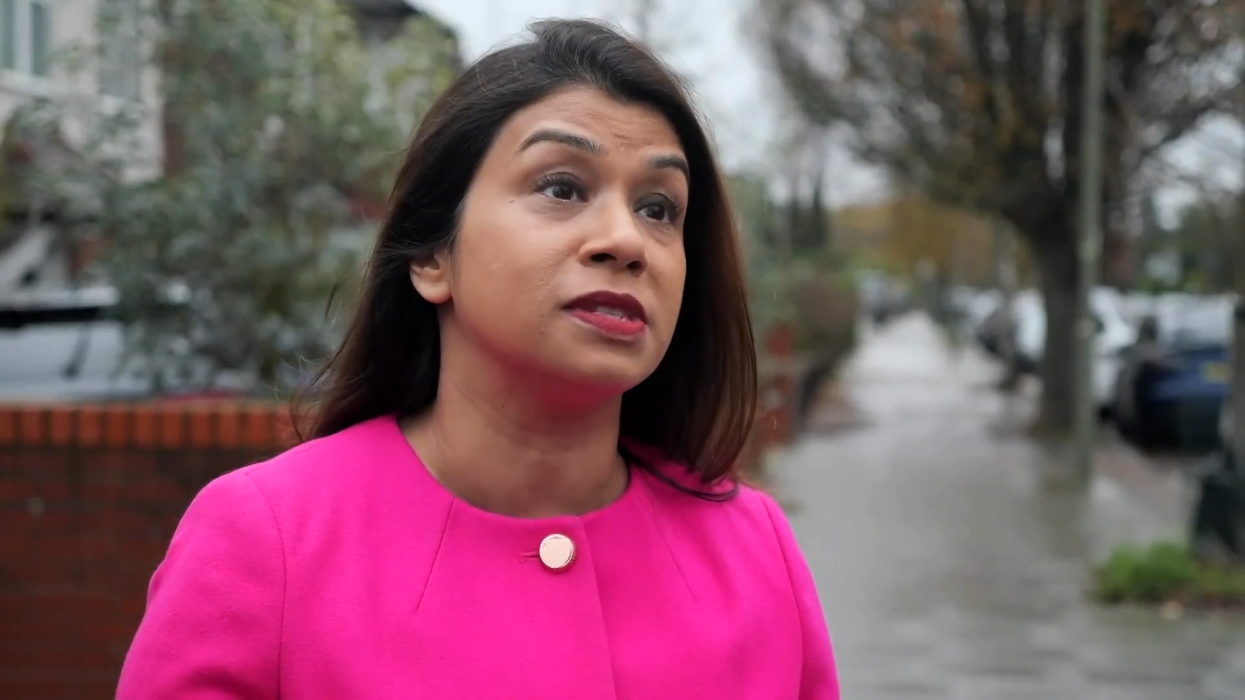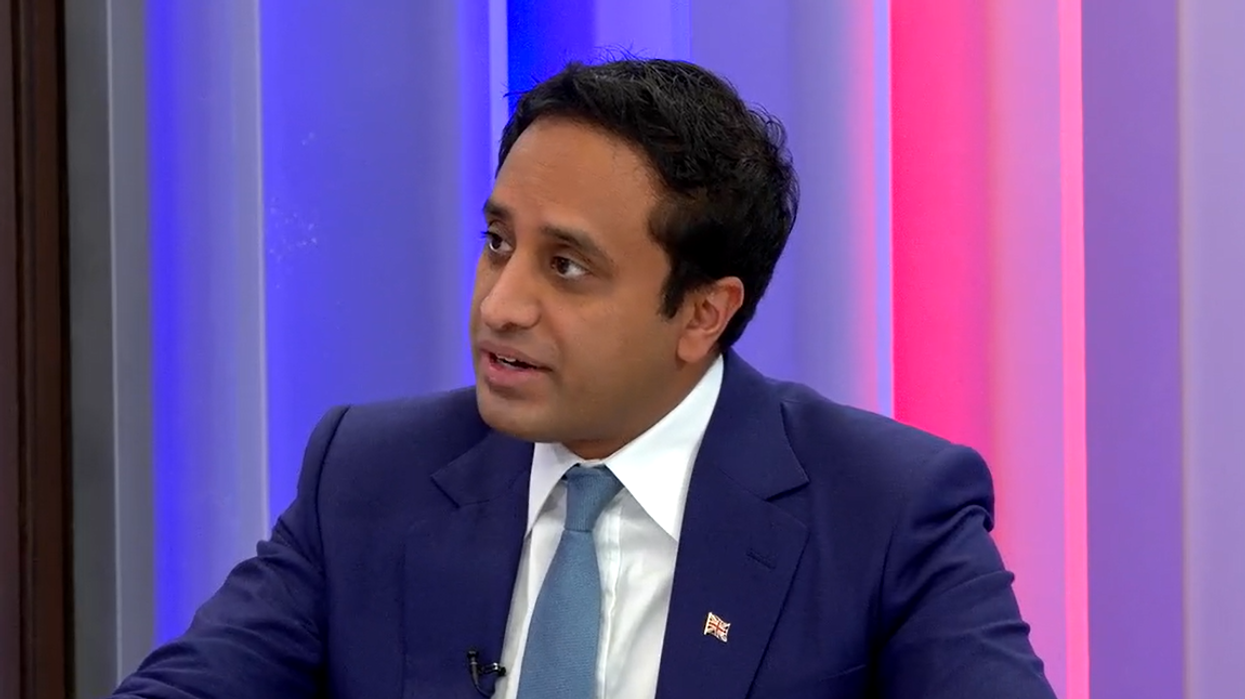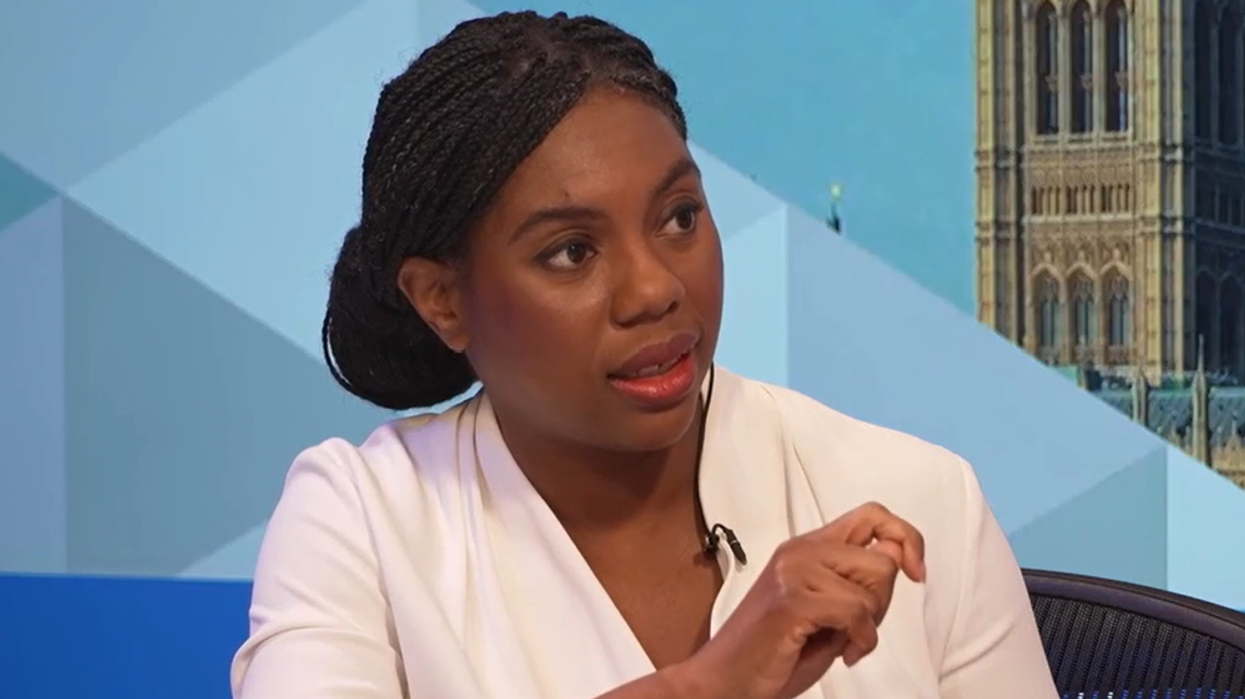
The government advisor spoke to GB News
Freedom- restricting harassment is undermining democracy and three quarters of the public feel they cannot express their opinions due to fear of receiving abuse, according to the Government’s social cohesion adviser.
Dame Sara Khan told GB News: “What I described in my report is this phenomenon called freedom-restricting harassment, which is when people experience or witness threatening intimidatory or abusive harassment, either online or offline, which is then intended to make individuals or institutions self-censor out of fear.
“What our polling shows is that around three quarters of the British public feel that they cannot share their personal opinion public out of fear of receiving freedom-restricting harassment, and you'll be aware that there's been a lot of debate over the last couple of months, even years about how parliamentarians and those in public life have been at the forefront of such abuse and harassment.
“What my report shows for the first time is that this is a much broader phenomenon, where people such as academics and teachers, councillors, journalists, civic society activists, people working in the arts and cultural sector, are experiencing this awful kind of freedom-restricting harassment which not only stifling individual liberty, but it's undermining social cohesion and eroding democratic rights and freedoms in our society.”
In a discussion with GB News Political Editor Christopher Hope, she continued: “I spoke to a former leader of a council, for example, who told me that she has received thousands of death threats directly to her, but also on online forums where people said that they would gang rape and traffic her two-year-old daughter.
“She makes her two-year-old daughter sleep by a fireproof blanket, because her previous council property had been firebombed. I mean, that is just one out of many examples.
“I heard about a civic society organisation, a director of an NGO of a civic society organisation, who regularly receives death threats because of her work to counter hate crime, and how her staff have left their work jobs because of fear of their lives.
“She has to change her route to work every day because she fears being attacked. I had constant examples like this and again, across the board from different professions, and it's really deeply concerning, and it's something we have to do because I worry it is going to erode our freedoms.”
She added: “It is not just people who are engaged in extremism, it's people who have a clear intolerance to other people because of their political opinion, because of the job that they do.
“They have such a high level of intolerance, they think it's justifiable to send people death threats or rape threats or to engage in doxing behaviour, where people upload and share people's personal information as a way to intimidate other people.
“I think trying to understand that phenomenon is something we need to do a lot more of.”
She said British values have to be defended: “We are defined in this country by the hard-won rights, of democratic rights and freedoms that our country has fought for for centuries. That's what defines us as a nation.
“That's what marks us out from authoritarian countries, by vibrant plural democracy where, yes, we may hold different opinions, we may passionately disagree on all kinds of different issues. But there comes a point where if you start issuing death threats and rape threats, that is totally and utterly unacceptable.
“By doing that, what we are doing is undermining the very democratic norms of our country and it poses a serious threat to our democracy, which we must push back against.”
WATCH CLIP ABOVE FOR MORE


